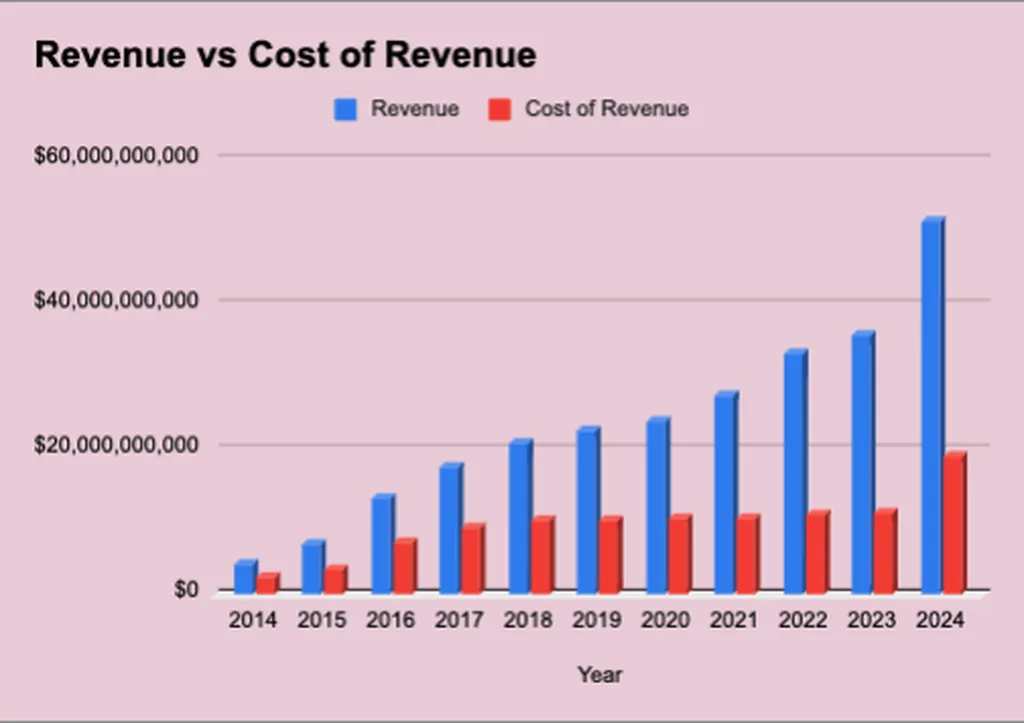The construction industry is undergoing a digital revolution, and with it, a new frontier of risk has emerged. Cybersecurity is no longer just an IT concern—it’s a critical component of construction projects, from design to completion. The construction cybersecurity market is projected to grow from $5.82 billion in 2024 to $7.07 billion in 2025, with a compound annual growth rate (CAGR) of 21.5%. This surge is driven by the digital transformation of construction processes, the adoption of cloud-based project platforms, and escalating cyber threats targeting infrastructure.
The construction sector is increasingly reliant on digital tools and data-driven processes. Building Information Modeling (BIM), project management software, and connected devices are streamlining operations but also expanding the attack surface for cybercriminals. Ransomware and phishing attacks are on the rise, with Ascendant Technologies reporting a 23% increase in such threats in 2025. Without effective countermeasures, industry losses could reach up to $1.2 trillion, highlighting the urgent need for advanced protective systems.
Leading companies are responding to this challenge by developing AI-driven intelligent building platforms. In June 2025, Honeywell launched Connected Solutions, an AI-powered platform that consolidates building management systems for optimized performance and enhanced cybersecurity. Similarly, Rockwell Automation acquired Verve Industrial Protection for $183 million in November 2023 to bolster their cybersecurity offerings, enhancing protection for industrial and construction infrastructure.
The market is not just expanding; it’s evolving. The integration of 5G technology, global smart city initiatives, and government investments in resilient infrastructure are further bolstering demand for robust cybersecurity measures. Geopolitical tensions and stricter data protection regulations are also influencing market dynamics, urging companies to adopt local sourcing and modular construction to manage costs effectively.
North America led the market in 2024, while Asia-Pacific is set to be the fastest-growing region. Countries like the USA, China, Germany, and others are at the forefront of this transformation, emphasizing the global reach of the construction cybersecurity market. Major players such as Siemens AG, IBM, Cisco Systems Inc., Honeywell International, and Johnson Controls International plc are at the forefront of developing cutting-edge cybersecurity solutions tailored for the construction industry.
The report meticulously answers pivotal questions, addressing technological disruptions, regulatory changes, and evolving consumer preferences. It provides a comprehensive analysis of market characteristics, growth dynamics, segmentation, regional and country-specific insights, competitive landscape, and strategic trends. The analysis encompasses historical and projected market growth across diverse geographies, offering an unparalleled depth of information.
The construction cybersecurity market is segmented into various subcategories, including network security, endpoint security, cloud security, and identity and access management. By component, it is divided into solutions and services, catering to large enterprises and small and medium enterprises (SMEs). Applications range from smart building protection and project data safety to remote operations and BIM system protection, serving residential, commercial, and industrial construction sectors.
As the construction industry continues to embrace digital transformation, the importance of cybersecurity cannot be overstated. The integration of advanced technologies and the adoption of robust security measures are essential to safeguarding construction operations and ensuring the successful completion of projects. The future of construction lies not just in building structures but in building secure, resilient, and sustainable urban environments.

